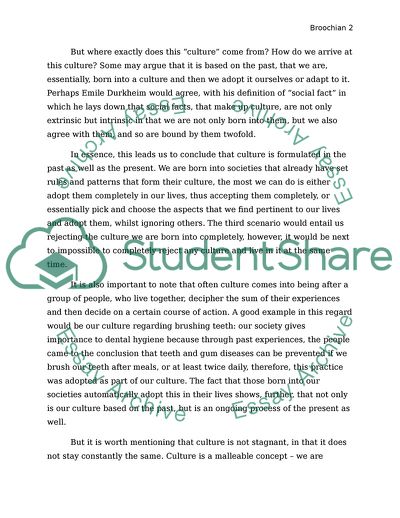Cite this document
(Culture and Social Norms Essay Example | Topics and Well Written Essays - 1250 words, n.d.)
Culture and Social Norms Essay Example | Topics and Well Written Essays - 1250 words. https://studentshare.org/sociology/1735601-sociology-midterm
Culture and Social Norms Essay Example | Topics and Well Written Essays - 1250 words. https://studentshare.org/sociology/1735601-sociology-midterm
(Culture and Social Norms Essay Example | Topics and Well Written Essays - 1250 Words)
Culture and Social Norms Essay Example | Topics and Well Written Essays - 1250 Words. https://studentshare.org/sociology/1735601-sociology-midterm.
Culture and Social Norms Essay Example | Topics and Well Written Essays - 1250 Words. https://studentshare.org/sociology/1735601-sociology-midterm.
“Culture and Social Norms Essay Example | Topics and Well Written Essays - 1250 Words”. https://studentshare.org/sociology/1735601-sociology-midterm.


